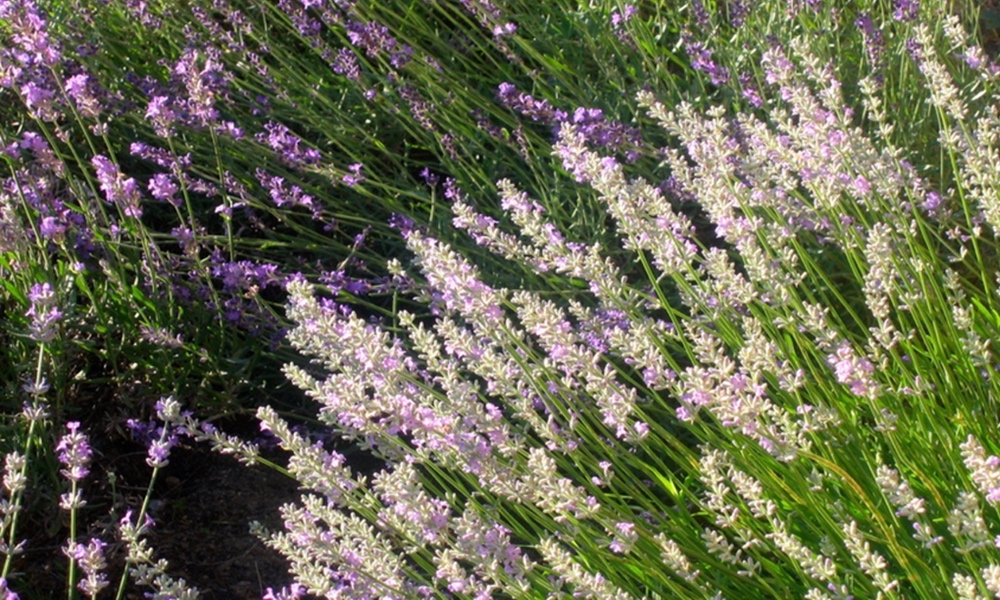Most of us have had a moment when a scent — of cut grass or a bakery or a pine forest transported us back to an experience in our past. Could sniffing scents help when it comes to boosting memory? The answer is yes, according to a new University of California, Los Angeles (UCLA) study. Aromas may help our brains stay sharp as we age.
Researchers from UCLA and the University of California, Irvine (UCI) enrolled 45 men and women between the ages of 60 to 85 to find out whether diffusing different fragrances through the bedroom at night, before bedtime, could slow cognitive decline. All of the volunteers were of similarly sound mental health.
It makes “scents” since scientists already know that keeping our grey matter stimulated is important for our brains. And, it goes beyond just doing daily puzzles: new environments, exercise, as well as different sights and sounds, all contribute to keeping our brain cells active. So why shouldn't different smells also stimulate our brains?Our sense of smell is directly connected to the brain's memory circuits.
“The olfactory sense has the special privilege of being directly connected to the brain's memory circuits,” Yassa explained.
To determine whether brains can be boosted with olfactory sensory stimulation, Yassa's research team gave 20 of the study's participants an assortment of natural oils containing fragrances of rose, orange, eucalyptus, lemon, peppermint, rosemary and lavender. The remaining recruits acted as a control group and were given a “sham” concoction that only contained trace amounts of an odorant.
Everyone in the study received a diffuser and seven cartridges, each containing a single and different natural oil, and both groups were told to use one of the oils with a diffuser to perfume their bedroom for two hours every night over a six-month period, rotating through their menu of aromas.
Before and after the six-month trial, the researchers administered a battery of neuropsychological tests that measured each participant's memory, verbal learning, planning, as well as their attention-switching skills.
Keep in mind that the study was a small one. But it seems like an enjoyable experiment to try. Offering our nose something pleasant to sniff when the lights go out may be an easy way to stimulate our grey matter.
The study can be found in Frontiers in Neuroscience.





